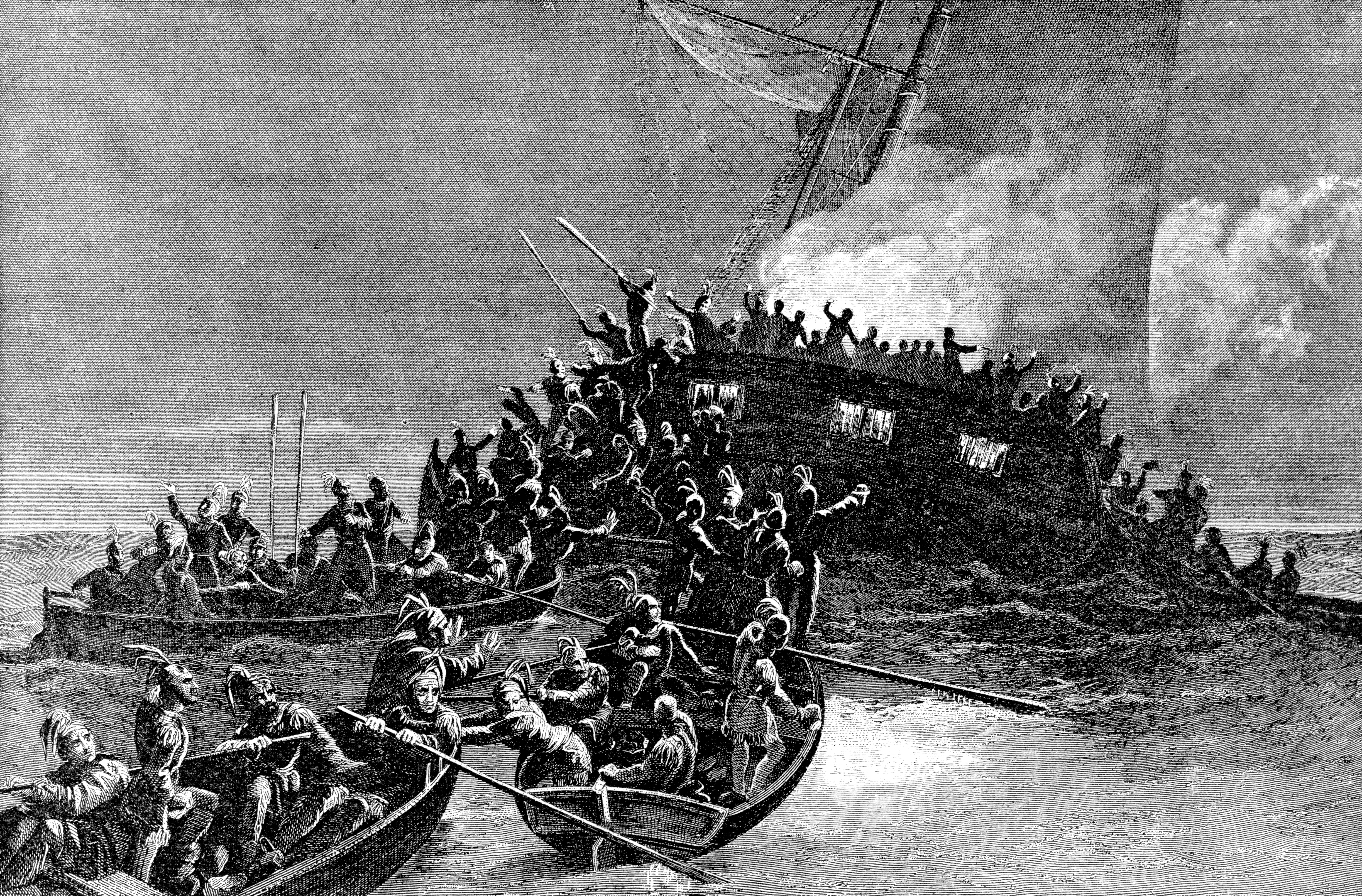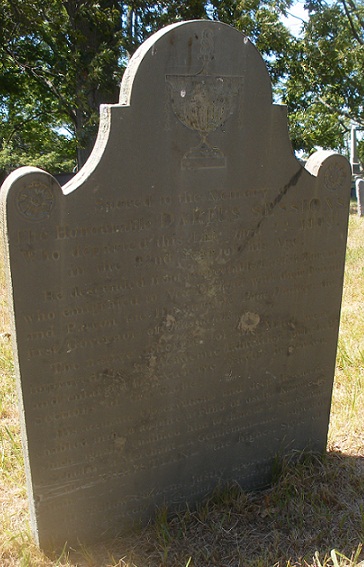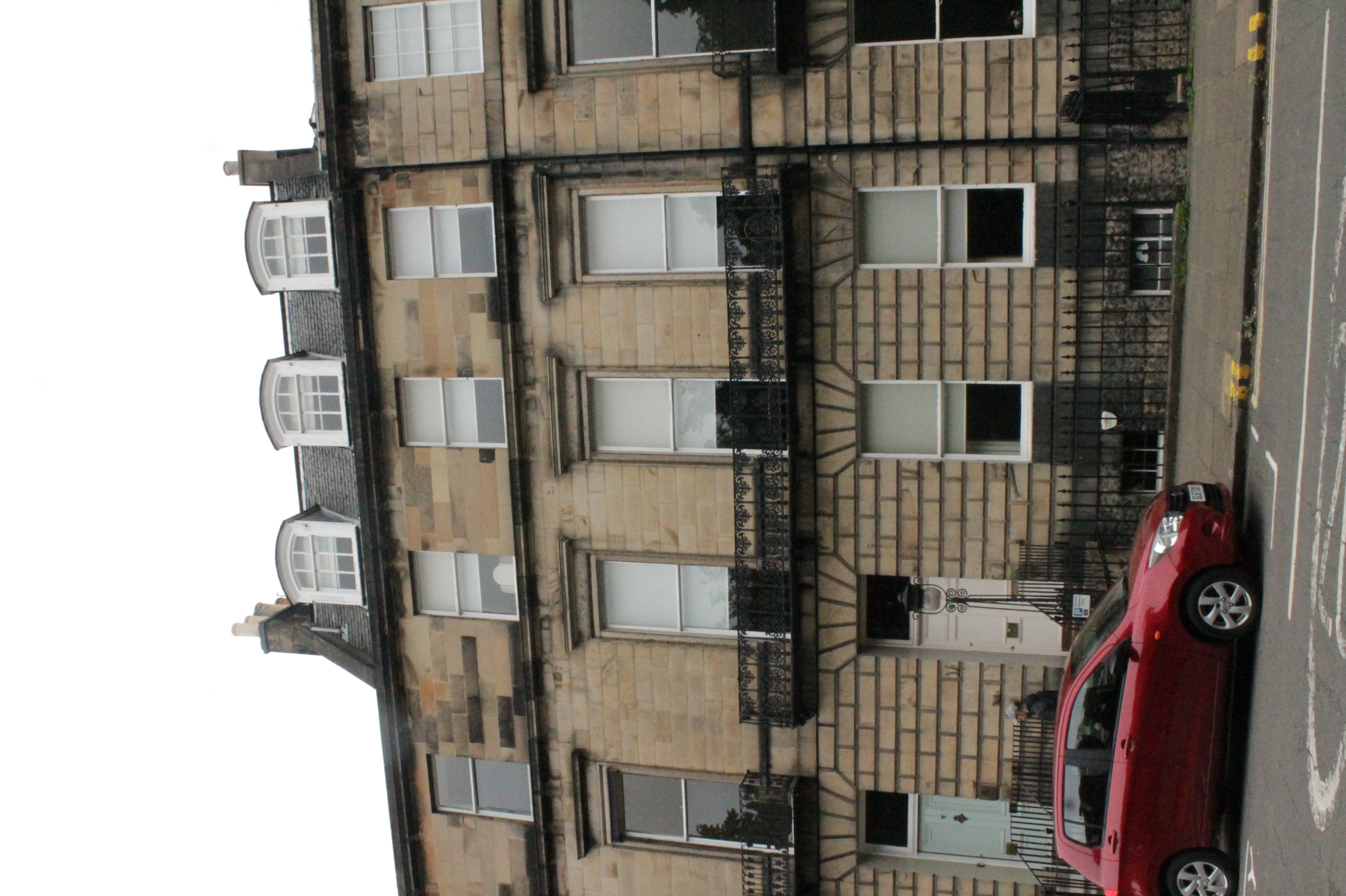|
Gaspee
The ''Gaspee'' Affair was a significant event in the lead-up to the American Revolution. HMS ''Gaspee'' was a British customs schooner that enforced the Navigation Acts in and around Newport, Rhode Island, Newport, Colony of Rhode Island and Providence Plantations, Rhode Island, in 1772. It ran aground in shallow water while chasing the Packet boat, packet ship ''Hannah'' on June 9 near Gaspee Point in Warwick, Rhode Island, Warwick, Rhode Island. A group of men led by Abraham Whipple and John Brown I attacked, boarded, and torched the ''Gaspee''. The event increased tensions between the American colonists and British officials, following the Boston Massacre in 1770. British officials in Rhode Island wanted to increase their control over trade—legitimate trade as well as smuggling—in order to increase their revenue from the small colony. But Rhode Islanders increasingly protested the Stamp Act 1765, Stamp Act, the Townshend Acts, and other British impositions that had clas ... [...More Info...] [...Related Items...] OR: [Wikipedia] [Google] [Baidu] |
Darius Sessions
Darius Sessions (17 August 1717 – 27 April 1809) was a deputy governor of the Colony of Rhode Island and Providence Plantations during the buildup to the American Revolutionary War. He was heavily involved in moderating the effects of the ''Gaspee'' Affair, and was instrumental in keeping the perpetrators from being identified. Early life Born in Pomfret, Connecticut, Sessions was the son of Nathaniel Sessions and Joanna Corbin. His family was fairly well-to-do, and owned a lot of land in eastern Connecticut. Sessions attended Yale College, graduating in 1737, and subsequently worked in Rhode Island in the mercantile business. In 1746, during King George's War, he was part owner of the privateer sloop ''Reprisal''. Later, in 1750, he was the master of the schooner ''Smithfield'', working in the West Indies. He was also likely involved in the distillery business of his father-in-law, William Antram, who had a stillhouse just north of Sessions' home in Providenc ... [...More Info...] [...Related Items...] OR: [Wikipedia] [Google] [Baidu] |
Stephen Hopkins (politician)
Stephen Hopkins (March 7, 1707 – July 13, 1785), a Founding Father of the United States, was a governor of the Colony of Rhode Island and Providence Plantations, a chief justice of the Rhode Island Supreme Court, and a signer of the Continental Association and Declaration of Independence. He was from a prominent Rhode Island family, the grandson of William Hopkins who was a prominent colonial politician. His great grandfather Thomas Hopkins was an original settler of Providence Plantations, sailing from England in 1635 with his cousin Benedict Arnold who became the first governor of the Rhode Island colony under the Royal Charter of 1663. As a child, Hopkins was a voracious reader, becoming a serious student of the sciences, mathematics, and literature. He became a surveyor and astronomer and was involved in taking measurements during the 1769 transit of Venus across the Sun. He began his public service at age 23 as a justice of the peace in the newly established town ... [...More Info...] [...Related Items...] OR: [Wikipedia] [Google] [Baidu] |
Joseph Wanton
Joseph Wanton Sr. (15 August 1705 – 19 July 1780) was a merchant and governor in the Colony of Rhode Island and Providence Plantations from 1769 to 1775. Not wanting to go to war with Britain, he has been branded as a Loyalist, but he remained neutral during the war, and he and his property were not disturbed. Born in Newport of a prominent Quaker family that was very involved in Rhode Island politics, Wanton became a highly successful merchant. He is depicted in the satirical 1750s painting by John Greenwood, '' Sea Captains Carousing in Surinam'', with other prominent merchants and seamen from the colony. As a merchant, he was involved in the trade of most goods, including slaves, and at one point his ship with a cargo of rum and slaves was confiscated off the coast of Africa by a French privateer. With no known civic background, Wanton was elected as governor of the colony in 1769, and served for six years. With the American Revolutionary War on the horizon, he was involv ... [...More Info...] [...Related Items...] OR: [Wikipedia] [Google] [Baidu] |
John Brown I
John Brown I (January 27, 1736September 20, 1803) was an American merchant, statesman and slave trader from Providence, Rhode Island. Together with his brothers Nicholas, Joseph and Moses, John was instrumental in founding Brown University (then known as the College of Rhode Island) and moving it to their family's former estate in Providence. John Brown laid the cornerstone of the university's oldest building in 1770, and he served as its treasurer for 21 years, from 1775 to 1796. Brown was one of the founders of Providence Bank and became its first president in 1791. He was active in the American Revolution, notably as an instigator of the 1772 ''Gaspee'' Affair, and he served in both state and national government. At the same time, he was a powerful defender of slavery, clashing aggressively in newspapers, courts and the political system with his brother Moses, who had become an abolitionist. John Brown's home in Providence is now a museum and National Historic Land ... [...More Info...] [...Related Items...] OR: [Wikipedia] [Google] [Baidu] |
William Duddingston
Rear Admiral William Duddingston (1740–1817) was an 18th-century Scottish commander in the Royal Navy, of fame for the Gaspee Affair, ''Gaspee'' Affair, one of the precursors to the American War of Independence. Life He was born in November 1740 in the parish of Kilconquhar in the East Neuk of Fife, the third son of 14 children to James Duddingston (1695-1768) and his wife Margaret Gillespie. The family lived at St Ford (or Sandford) just south-west of Kilconquhar. From 1752 to 1755 he served as a merchant seaman on the Fife coast. He appears as a Royal Navy lieutenant (navy), lieutenant in 1759 but was possibly a midshipman from 1755 to 1759. In September 1768 he was given command of . In March 1772 the ship was ordered to go to Rhode Island to patrol the waters to prevent smuggling of contraband goods in evasion of taxation. In these seizures the crew were awarded a percentage of the value of the goods seized, which was a strong incentive. Seizures were therefore ofte ... [...More Info...] [...Related Items...] OR: [Wikipedia] [Google] [Baidu] |
Warwick, Rhode Island
Warwick ( or ) is a city in Kent County, Rhode Island, the third largest city in the state with a population of 82,823 at the 2020 census. It is located approximately south of downtown Providence, Rhode Island, southwest of Boston, Massachusetts, and northeast of New York City. Warwick was founded by Samuel Gorton in 1642 and has witnessed major events in American history. It was decimated during King Philip's War (1675–1676) and was the site of the Gaspee Affair, the first act of armed resistance against the British, preceding even the Boston Tea Party, and a significant prelude to the American Revolution. Warwick was also the home of Revolutionary War General Nathanael Greene, George Washington's second-in-command, and Civil War General George S. Greene, a hero of the Battle of Gettysburg. Today, it is home to Rhode Island's main airport, T. F. Green Airport, which serves the Providence area and also functions as a reliever for Logan International Airport in ... [...More Info...] [...Related Items...] OR: [Wikipedia] [Google] [Baidu] |
Gaspee Point
Gaspee Point is a small peninsula on the west side of the southern reaches of the Providence River in Warwick, Rhode Island. It is bounded on the north by Passeonkquis Cove and on the south by Occupessatuxet Cove. It is reached via Namquid Drive in Warwick. Gaspee Point was the site of one of the first acts of hostility in the American Revolution when the British Royal Navy vessel HMS ''Gaspee'' was grounded there on June 9, 1772 in what became known as the Gaspée Affair. The ''Gaspee'' was a revenue schooner locally detested for its enforcement of the unpopular Navigation Acts, and she was boarded and burned by a band of local citizens that night. The site was added to the National Register of Historic Places The National Register of Historic Places (NRHP) is the United States federal government's official list of districts, sites, buildings, structures and objects deemed worthy of preservation for their historical significance or "great artistic ... in 1972. See also ... [...More Info...] [...Related Items...] OR: [Wikipedia] [Google] [Baidu] |
American Revolution
The American Revolution was an ideological and political revolution that occurred in British America between 1765 and 1791. The Americans in the Thirteen Colonies formed independent states that defeated the British in the American Revolutionary War (1775–1783), gaining independence from the The Crown, British Crown and establishing the United States of America as the first nation-state founded on Age of Enlightenment, Enlightenment principles of liberal democracy. Colonial history of the United States, American colonists objected to being taxed by the Parliament of Great Britain, a body in which they had no taxation without representation, no direct representation. Before the 1760s, Britain's American colonies had enjoyed a high level of autonomy in their internal affairs, which were locally governed by colonial legislatures. During the 1760s, however, the British Parliament passed a number of acts that were intended to bring the American colonies under more direct rule f ... [...More Info...] [...Related Items...] OR: [Wikipedia] [Google] [Baidu] |
Narragansett Bay
Narragansett Bay is a bay and estuary on the north side of Rhode Island Sound covering , of which is in Rhode Island. The bay forms New England's largest estuary, which functions as an expansive natural harbor and includes a small archipelago. Small parts of the bay extend into Massachusetts. There are more than 30 islands in the bay; the three largest ones are Aquidneck Island, Conanicut Island, and Prudence Island. Bodies of water that are part of Narragansett Bay include the Sakonnet River, Mount Hope Bay, and the southern, tidal part of the Taunton River. The bay opens on Rhode Island Sound and the Atlantic Ocean; Block Island lies less than southwest of its opening. Etymology "Narragansett" is derived from the southern New England Algonquian word meaning "(people) of the small point of land". Geography The watershed of Narragansett Bay has seven river sub-drainage basins, including the Taunton, Pawtuxet, and Blackstone Rivers, and they provide freshwater input ... [...More Info...] [...Related Items...] OR: [Wikipedia] [Google] [Baidu] |
Townshend Acts
The Townshend Acts () or Townshend Duties, were a series of British acts of Parliament passed during 1767 and 1768 introducing a series of taxes and regulations to fund administration of the British colonies in America. They are named after the Chancellor of the Exchequer who proposed the program. Historians vary slightly as to which acts they include under the heading "Townshend Acts", but five are often listed: * The New York Restraining Act 1767 passed on 5 June 1767. * The Revenue Act 1767 passed on 26 June 1767. * The Indemnity Act 1767 passed on 29 June 1767. * The Commissioners of Customs Act 1767 passed on 29 June 1767. * The Vice Admiralty Court Act 1768 passed on 6 July 1768. The purposes of the acts were to: * raise revenue in the colonies to pay the salaries of governors and judges so that they would remain loyal to Great Britain. * create more effective means of enforcing compliance with trade regulations. * punish the Province of New York for failing to compl ... [...More Info...] [...Related Items...] OR: [Wikipedia] [Google] [Baidu] |
Boston Massacre
The Boston Massacre (known in Great Britain as the Incident on King Street) was a confrontation in Boston on March 5, 1770, in which a group of nine British soldiers shot five people out of a crowd of three or four hundred who were harassing them verbally and throwing various projectiles. The event was heavily publicized as "a massacre" by leading Patriots such as Paul Revere and Samuel Adams. British troops had been stationed in the Province of Massachusetts Bay since 1768 in order to support crown-appointed officials and to enforce unpopular Parliamentary legislation. Amid tense relations between the civilians and the soldiers, a mob formed around a British sentry and verbally abused him. He was eventually supported by seven additional soldiers, led by Captain Thomas Preston, who were hit by clubs, stones, and snowballs. Eventually, one soldier fired, prompting the others to fire without an order by Preston. The gunfire instantly killed three people and wounded eight others ... [...More Info...] [...Related Items...] OR: [Wikipedia] [Google] [Baidu] |
Colony Of Rhode Island And Providence Plantations
The Colony of Rhode Island and Providence Plantations was one of the original Thirteen Colonies established on the east coast of America, bordering the Atlantic Ocean. It was founded by Roger Williams. It was an English colony from 1636 until 1707, and then a colony of Great Britain until the American Revolution in 1776, when it became the State of Rhode Island. Early America The land that became the English colony was first home to the Narragansett Indigenous Peoples, which led to the name of the modern town of Narragansett, Rhode Island. European settlement began around 1622 with a trading post at Sowams, now the town of Warren, Rhode Island. Roger Williams was a Puritan theologian and linguist who founded Providence Plantations in 1636 on land given to him by Narragansett sachem Canonicus. He was exiled under religious persecution from the Massachusetts Bay Colony; he and his fellow settlers agreed on an egalitarian constitution providing for majority rule "in civ ... [...More Info...] [...Related Items...] OR: [Wikipedia] [Google] [Baidu] |








